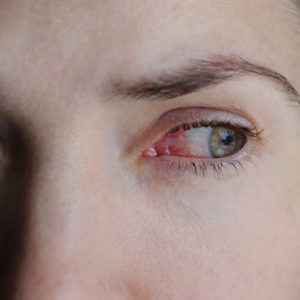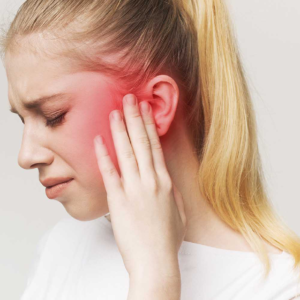What everyone should know when they are losing hair

Losing hair trouble?
Losing hair can be a troubling experience for many people and can affect self-esteem and confidence. However, understanding some of the causes and solutions can help make it more manageable and ease people’s way through this challenge.
Causes
There are several causes for baldness, including genetic, hormonal changes, medical conditions, or normal aging. Additional causes are nutritional deficiencies, tight hairstyles, or fungal infections. Hair loss can occur over the whole body or just on the scalp, and is often more common in males.
Some types of hair loss are permanent, while others are temporary. The most common types of hair loss include:
- Androgenic alopecia: This type of hereditary baldness can affect anyone
- Alopecia areata Alopecia areata is an autoimmune disease that results in hair loss from the head and body.
- Telogen effluvium: This type of hair loss involves rapid shedding of hair in a short amount of time. It typically happens a few months after your body goes through something physically or emotionally stressful. It can also result from sudden hormonal changes.
- Anagen effluvium: This very rapid hair loss occurs due to certain medical treatments, such as chemotherapy.

Signs and Symptoms
- Gradual thinning on top of head. This is the most common type of hair loss, affecting people as they age. In men, it is a receding hairline and women usually have a broadening of the part in their hair.
- Circular or patchy bald spots. Your skin may become itchy or painful before the hair falls out.
- Loose hair. A physical or emotional shock can cause hair to loosen. Handfuls of hair may come out when combing or washing your hair or even after gentle tugging. This type of hair loss usually causes overall hair thinning but is temporary.
- Full-body hair loss. Some conditions and medical treatments, such as chemotherapy for cancer, can result in the loss of hair all over your body. The hair usually grows back.
- Patches of scaling that spread over the scalp. This is a sign of ringworm. It may be accompanied by broken hair, redness, swelling and, at times, oozing.
Treatment
Treatment will depend on what is causing your hair loss. Your provider may ask about family history, order blood tests, look at your medical history, and examine your scalp to find the reason. Usually, fixing the underlying problem is all that it takes to stop hair loss. Most hair loss treatments are meant to help with androgenic alopecia, and this includes medication such as minoxidil or finasteride. Hair transplant or PRP treatments are also options.
When to see your doctor
You should call your healthcare provider if you experience:
- Burning, itching or irritation on your scalp
- Excessive daily shedding
- Loss of hair on your body as well as your scalp
- Sudden loss of large amounts of hair
Summary:
- Causes of Hair Loss:
- Genetic, hormonal changes, medical conditions, aging, nutritional deficiencies, tight hairstyles, and fungal infections contribute to baldness.
- Hair loss can be permanent or temporary, with common types including androgenic alopecia, alopecia areata, telogen effluvium, and anagen effluvium.
- Signs and Symptoms:
- Gradual thinning on the top of the head, affecting both men and women differently.
- Circular or patchy bald spots, often accompanied by itchiness or pain.
- Loose hair due to physical or emotional shock, resulting in temporary overall hair thinning.
- Full-body hair loss due to certain conditions or medical treatments.
- Patches of scaling signaling ringworm, with broken hair, redness, swelling, and possible oozing.
- Treatment:
- Treatment depends on the underlying cause, identified through family history, blood tests, medical history, and scalp examination.
- Addressing the root problem is key to halting hair loss.
- Treatments for androgenic alopecia include medications like minoxidil or finasteride, as well as options like hair transplants or PRP treatments.
- When to See a Doctor:
- Consult a healthcare provider if experiencing burning, itching, or irritation on the scalp.
- Seek medical attention for excessive daily shedding, loss of hair on both body and scalp, or sudden loss of large amounts of hair.

This article reviewed by Dr. Jim Liu, MD and Ms. Deb Dooley, APRN.
There’s nothing more important than our good health – that’s our principal capital asset.
#medical #telehealth #umedoc










